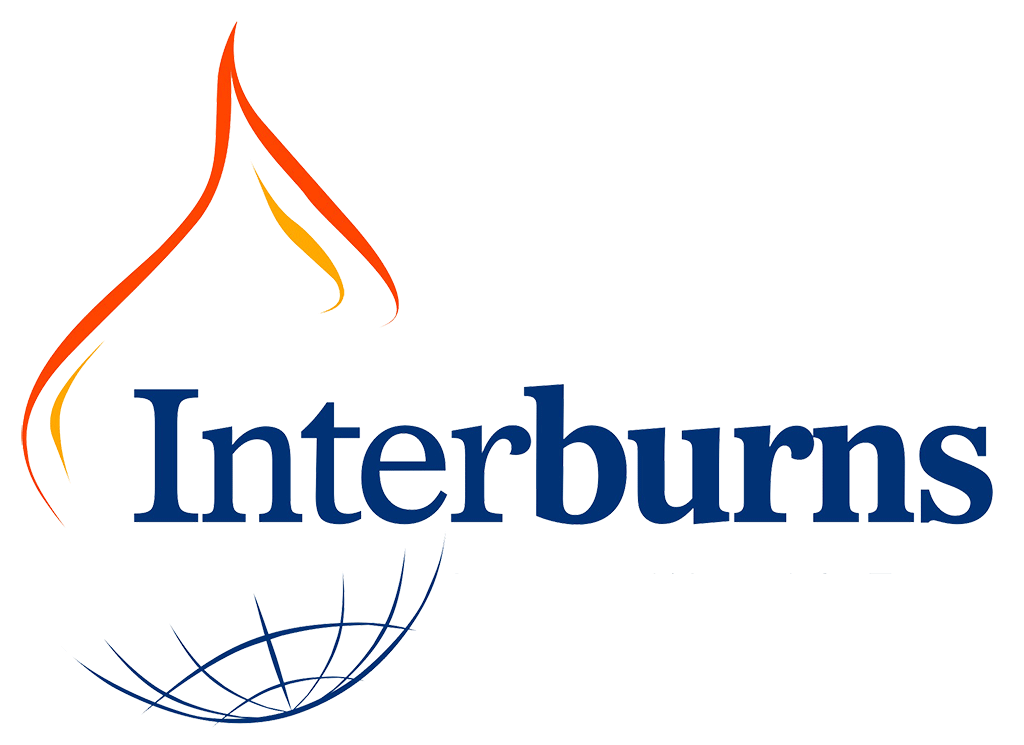Assessing burn services in Ethiopia.
In April a small international team from Interburns visited Ethiopia to meet with key staff from government burn services and the Federal Ministry of Health(FMoH), to support the development of a National Strategy to improve burn care and prevention. The team’s main role was to provide support and technical advice on the draft Strategy and new National Guidelines for burn care services developed by the FMoH. This visit was funded by the Ministry of Health.
Burn services in Ethiopia are very limited, with a single dedicated burn unit for the whole country at Yekatit Hospital in Addis. The FMoH plans to create a new service at the new AABET trauma hospital as well as improve the level of care at smaller facilities across the country. Interburns will assess and advise on the most effective strategy for implementing this plan.
With its large rural population, limited data on burns incidence and limited resources, Ethiopia faces many challenges common to Low and Middle Income countries with a high number of burn injuries. Few staff outside the national centre in Addis have received any training in burns, which has a huge impact on patient care and the clinical outcomes they experience. Knowledge of effective prevention and first aid among the wider public is also extremely limited. The national centre in Addis has a large backlog of patients for surgery due to the high ratio of patients relative to existing capacity.
Fortunately, the FMoH has recognised these issues and is addressing them. Ethiopia has a strong overall health strategy focused on improving health care at the community level, including plans for the development of 800 primary hospitals. Its Health Extension worker programme provides an excellent potential vehicle for effective community prevention and research.
Interburns welcomes this opportunity. This visit will doubtless be the first step in a long-term partnership in Ethiopia, spearheaded by the FMoH and key local clinicians with Interburns playing an important supporting role.
We would like to thank Dr Feven Girma, Dr Abiye Gebre Ab and their colleagues for their support and hospitality (shown above with Interburns team members Dr Richard Nnabuko, Tom Potokar and RuthAnn Fanstone).
